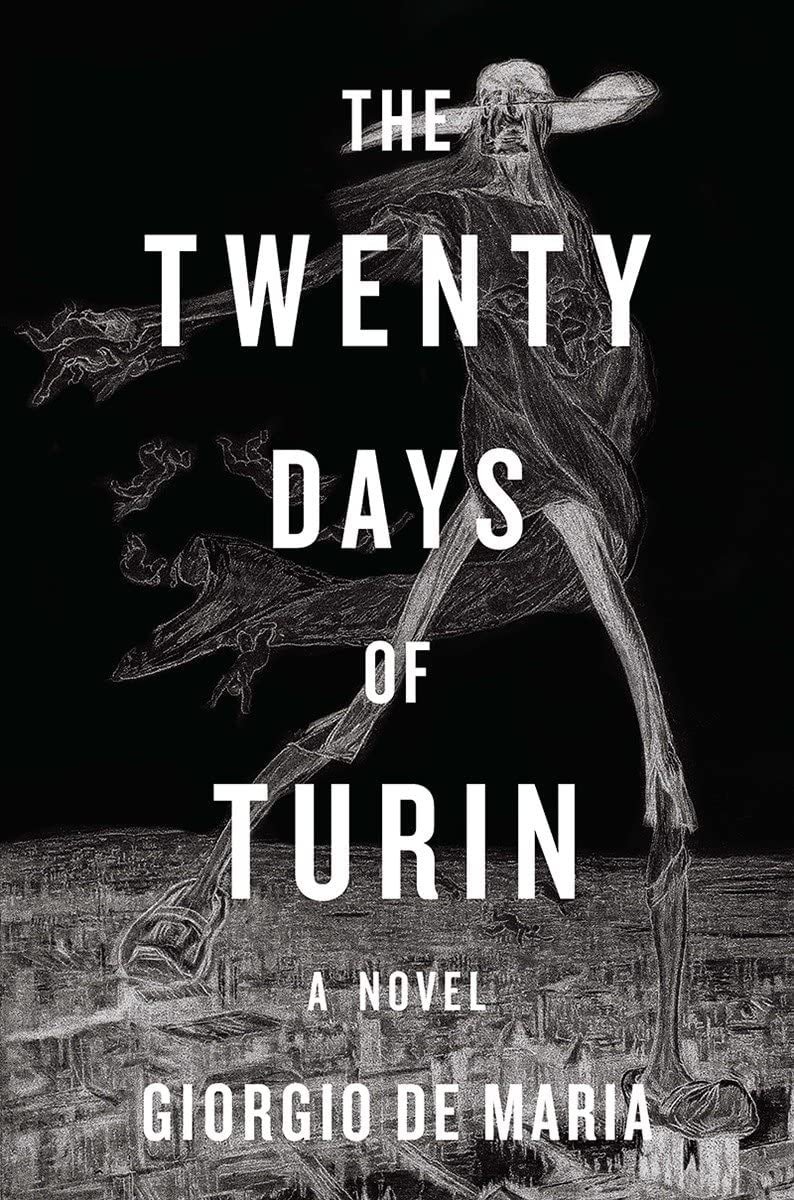

Gone Girl by Gillian Flynn
personal Book Reader
Access your private PDF books securely. Upload and enjoy reading your personal collection anytime.
Read Your Private BookReviews
No review yet. Be the first to review this book!
Description
Gone Girl by Gillian Flynn is a psychological thriller and suspense novel that explores the complexities of marriage, media influence, and the dark side of human nature. The story is famous for its twists and turns, unreliable narrators, and its dark portrayal of a crumbling relationship. Plot Overview: The story revolves around the seemingly perfect marriage of Nick and Amy Dunne. When Amy goes missing on their fifth wedding anniversary, Nick becomes the prime suspect in her disappearance. The novel alternates between two perspectives: Nick’s point of view in the present, and Amy’s diary entries from the past. Nick Dunne: Nick is a college professor who has recently moved back to his hometown in Missouri with his wife, Amy, after losing his job in New York. His calm and aloof demeanor hides a complex inner world. As the investigation into Amy’s disappearance unfolds, Nick’s actions and behavior begin to raise suspicion, and the reader is forced to question his innocence. Amy Dunne: Amy is an intelligent and manipulative woman who presents a different version of herself in her diary entries. Through her journals, readers get glimpses of her troubled past, her feelings of being trapped in a marriage, and her complicated relationship with her parents. Amy’s disappearance quickly becomes a media sensation, and as the investigation progresses, more disturbing truths about her personality and actions emerge. Key Themes: Marriage and Deception: At its core, Gone Girl is a deep exploration of marriage. The novel paints a cynical portrait of a relationship based on deception, manipulation, and expectations. Both Nick and Amy are flawed, and their marriage is built on secrets and lies. The novel explores how societal expectations of a "perfect marriage" can mask deeper issues. Media Influence: The novel critiques the role of media in shaping public perception. Amy’s disappearance quickly becomes a media spectacle, and the way the media portrays Nick’s behavior plays a pivotal role in turning public opinion against him. The novel highlights how the media can manipulate narratives, creating villains out of seemingly innocent people and vice versa. Unreliable Narration: One of the defining features of Gone Girl is its unreliable narration. Both Nick and Amy’s accounts of events are called into question, and the reader is often left unsure of who to trust. This unreliable narration adds to the suspense, as readers are forced to piece together the truth from conflicting viewpoints. Gender and Expectations: Gone Girl also explores the roles of gender in relationships and the societal expectations placed on women. Amy’s character, in particular, challenges traditional gender roles by using her intelligence and manipulative skills to control the narrative of her life. The novel raises questions about the pressures placed on women to conform to idealized notions of femininity and the lengths to which they will go to assert control. Psychological Manipulation: Both main characters, Nick and Amy, engage in psychological manipulation, but Amy is particularly adept at using manipulation as a tool to control those around her. Her actions show the dark side of human behavior, particularly when it comes to using manipulation to achieve personal goals. Twists and Turns: One of the most remarkable aspects of Gone Girl is its shocking twists. As the story unfolds, it becomes clear that things are not as they initially seem. The twists keep the readers on edge and continuously change the reader’s perception of the characters and the story. Without giving too much away, the second half of the novel completely changes the direction of the plot and leaves readers questioning the true nature of the characters and their motives. Writing Style and Tone: Gillian Flynn’s writing is sharp, compelling, and filled with dark humor. She expertly uses alternating perspectives to build suspense and complexity. The tone of the novel is often tense, with an underlying sense of dread, as both Nick and Amy’s psychological states deteriorate. The sharpness of Flynn’s prose reflects the emotional and psychological turmoil of the characters, creating a haunting atmosphere throughout the book. Conclusion: Gone Girl is a masterful psychological thriller that delves into the complexities of marriage, trust, and the manipulative nature of human relationships. Flynn’s dark and twisted portrayal of love and deception is chilling, and the novel’s unpredictable twists make it a gripping and unforgettable read. With its unreliable narrators, dark humor, and critical take on societal expectations, Gone Girl remains one of the most popular and critically acclaimed thrillers of the 21st century.





















.jpg)
.jpg)
.jpg)
.jpeg)

.jpeg)











.jpeg)







.jpg)

.png)









.jpeg)







.jpg)



.jpg)



.jpg)

.jpeg)




.jpg)

















































